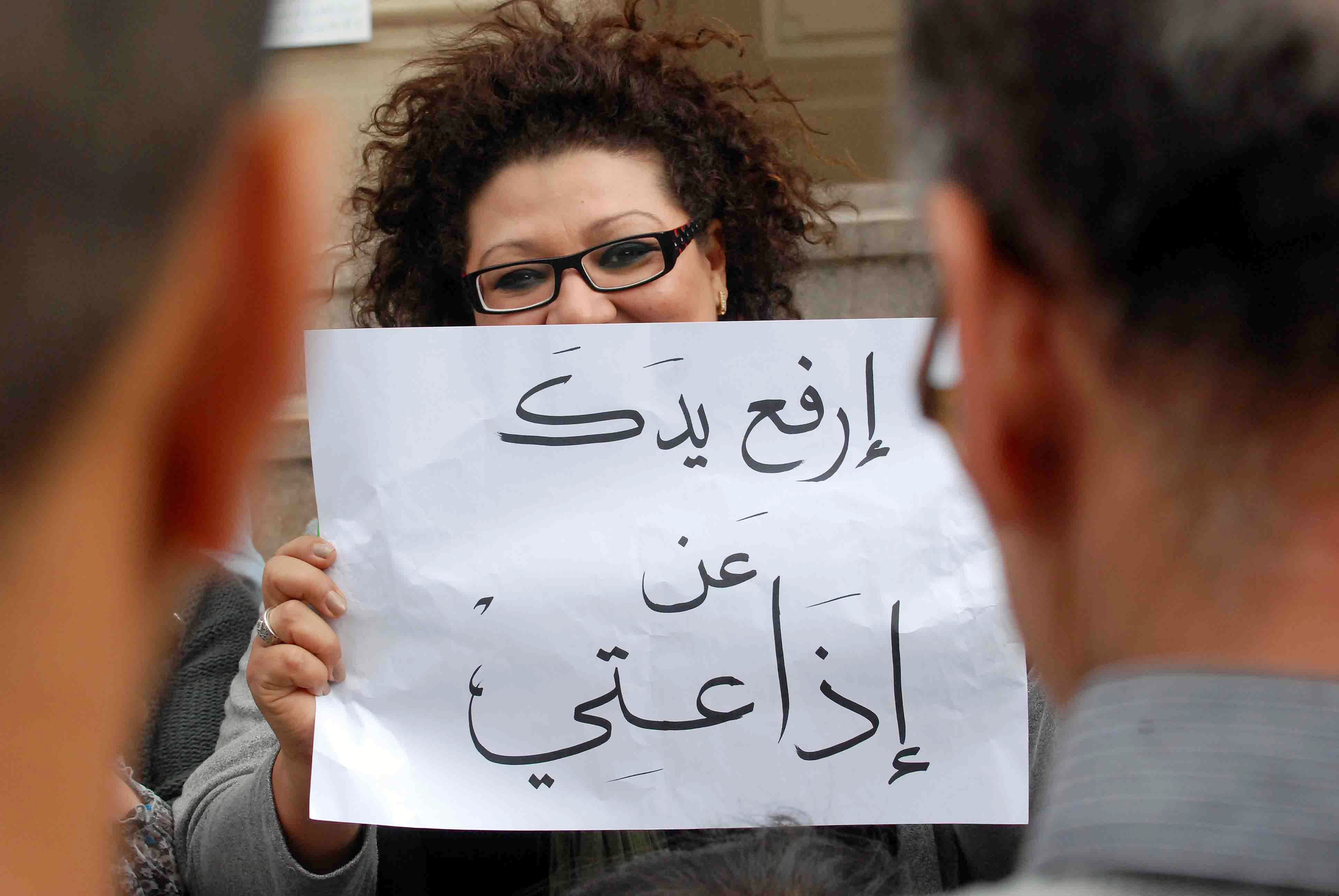
Tunisian media face the challenges of freedom

In the lead up to parliamentary elections in Tunisia in October, the Swiss NGO Fondation Hirondelle has formed a partnership with Tunisian public radio.
With its record of having launched several radio stations in war-torn countries, including the Democratic Republic of Congo, Liberia and Kosovo, the Lausanne-based Hirondelle Foundation has the expertise to assist the Tunisians in facing the challenge of providing fair political coverage.
The foundation signed a convention with Tunisian public radio this week. The new head of the country’s radio service, appointed by the transitional government, sought the help of the Swiss foundation but the funding comes from a United States government State Department democracy-building programme.
Tunisian journalists lack professional experience in election coverage simply because there have been no free and fair elections in Tunisia in 30 years of dictatorship.
According to the Hirondelle Foundation, the Tunisians have asked for help in establishing an electoral charter and a programme schedule especially for the elections.
The backing comes from across the Atlantic. The Hirondelle Foundation responded to an invitation to tender from the Middle East Partnership Initiative (MEPI)’s Tunisia programme.
MEPI funds projects that contribute to various democracy-building goals including the expansion of political participation, strengthening of civil society and the rule of law, and opening up the media.
Samuel Turpin of Fondation Hirondelle is committed to the project. “It’s not about creating a new station like we have done elsewhere, because the Tunisian public radio network covers the country well with nine public service channels, four national and five local.
“Our role is to bring advice and expertise, to bring the brain power, bearing in mind that everything is decided together, as stipulated by the convention that joins us.”
Strings attached
At the instigation of Radio Hirondelle, several organisations and media outlets are providing training and assistance to the Tunisian journalists in their democracy apprenticeship.
The contribution is appreciated, up to a point. “The training is good. We have already received some from the BBC and from Radio Monte Carlo,” journalist Aouatef Mzoughi of the Tunisian public radio’s cultural channel told swissinfo.ch.
“But it’s on the ground that a journalist is trained and formed. There are often interests that are hidden behind the help provided by foreign institutions.
“The revolution and the transition that we are living through have their own characteristics in which we ourselves have to get our bearings,” she added.
She says that since January 14 and the fall of President Zine el-Abidin Ben Ali, the editorial departments of the public radio have dealt with utilised their freedom. “We can deal with all subjects, without taboo, unlike our colleagues in public television who are more exposed to pressures and under the influence of officials of the former regime,” said Mzoughi.
Old hierarchy
An opinion shared by Najiba Hamrouni, president of the Tunision National Union of Journalists.
“Since the revolution, new directors have been appointed to the head of public radio and television. But the other management appointed under Ben Ali are still there with a system of control more deeply ingrained in television than in radio. They always try to interfere in the work of the journalists.”
Turpin sees it differently: “Our Tunisian partners often note that January 14 brought freedom of speech with all the possible problems attached. This led to a lack of balance and tensions.
“Certain remarks [from editors] are construed as censorship, such as the requirement for balance between positions expressed and the importance of indicating sources of information.”
To better guarantee journalists’ freedom, a new press code (contested by certain journalists) is being developed and should be adopted before the October elections.
Added to that is another incentive to stimulate the quality of journalism, according to Hamrouni. “The thirst for information is immense and Tunisian citizens compare the national journalistic production to that of the international channels.”
Impact of Libya
The regional context does not have a direct impact on the strengthening of media independence but the promise of a liberated Libya can only favour the transition to democracy in neighbouring Tunisia.
“If Libya stabilises and becomes democratic, that will have a direct impact on the security and economy of Tunisia,” said the journalist.
“Many Libyan refugees are staying with Tunisian families and many Tunisians work in Libya. The resumption of trade and traffic between the two countries, close in many ways, is a very welcome prospect.”
Fondation Hirondelle is a Swiss non-governmental organisation of journalists and humanitarian aid professionals. Since 1995, it has been creating or supporting independent, civic-minded news media in conflict, post-conflict and crisis zones.
The organisation works to develop media outlets with popular appeal and a wide audience. Its top priority is to make its media credible through fact-based, professional journalism.
It does not allow its staff to express personal opinions on air. Only journalists from the country concerned broadcast on the stations. Broadcasting is in local languages insofar as possible.
Source: Fondation Hirondelle
Under the auspices of the US State Department, MEPI was founded in 2002. It has five stated goals in the region Middle East and North Africa: to expand political participation, strengthen civil society and the rule of law, empower women and youth, create educational opportunities and foster economic reform to expand the private sector.
In support of these goals, MEPI works with non-governmental organisations, the private sector, and academic institutions, as well as governments.
Source: MEPI
(Translated from French by Clare O’Dea)

In compliance with the JTI standards
More: SWI swissinfo.ch certified by the Journalism Trust Initiative




























You can find an overview of ongoing debates with our journalists here . Please join us!
If you want to start a conversation about a topic raised in this article or want to report factual errors, email us at english@swissinfo.ch.